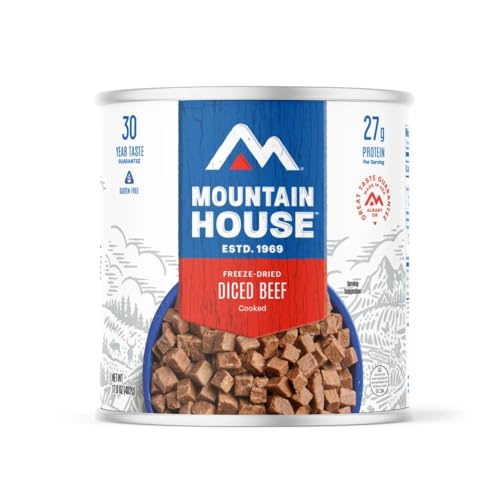I insulated my van with Havlock wool (the best from sheep in Australia), because it absorbs moisture when humidity is above 60% and releases it back to the air when below 60%, ******* mold growth, absorbs and holds harmful chemicals, and is a good sound barrier as well. They say you should not use a "moisture barrier" with it, for moisture barriers always fail resulting in
I don't know how much vertical space you have in your shell (I would imagine not very much) but in my Dodge Caravan I found that being on the floor is awfully cold. Getting up off the floor seems to be a key to comfort. If that's not possible, I'd look into as much thick closed cell foam pads to go under me as possible.
If you're still too cold, others have mentioned diesel heaters and I second that. The heat from them is wonderfully dry.
I find that even below freezing I usually have to crack a window to let some heat out and that's on the lowest setting.
I don't know how much vertical space you have in your shell (I would imagine not very much) but in my Dodge Caravan I found that being on the floor is awfully cold. Getting up off the floor seems to be a key to comfort. If that's not possible, I'd look into as much thick closed cell foam pads to go under me as possible.
If you're still too cold, others have mentioned diesel heaters and I second that. The heat from them is wonderfully dry.
I find that even below freezing I usually have to crack a window to let some heat out and that's on the lowest setting.
don't know how much vertical space you have in your shell (I would imagine not very much) but in my Dodge Caravan I found that being on the floor is awfully cold. Getting up off the floor seems to be a key to comfort. If that's not possible, I'd look into as much thick closed cell foam pads to go under me as possible.
If you're still too cold, others have mentioned diesel heaters and I second that. The heat from them is wonderfully dry.
I find that even below freezing I usually have to crack a window to let some heat out and that's on the lowest setting.
moisture that cannot escape.
If cabin air is free to flow over the inside of your cabin's outer skin, of course that's going to cause dew to form on it with water droplets running down, just like on the outside of a glass of ice water. So insulate the outer skin from such airflow.
And propane is largely made of hydrogen which burns by combining with oxygen in the air to form water, so you'll always have moisture problems when using one of those. Everyone does. That's why I put an actual furnace in my van, isolating that propane flame behind steel which ventilates the flame to the outside of my vehicle. In your case, sounds like a small
diesel heater is what you need to do the same moisture-free job.
And in the meantime, leave an
RV desiccant bucket in your living space. They're typically used for winterizing
I second the sleeping bag. Plus you can add the liner of choice to keep it clean and aired.
My focus was to keep my core warm, as I was not spending much time sitting or sleeping. Vest, hat, & socks plus a good set of long underwear are essentials for winter dwelling.
Keeping the rig at optimum temperature is a waste of time IMHO, better to be warm in layers at whatever the temperature is doing.
-crofter
boats and RVs to prevent mold developing from humidity issues. You'll want one with a mesh or screen top so if it tips over while you are driving it won't spill the desiccant material. It will trap moisture and won't release it back into the air.










































































